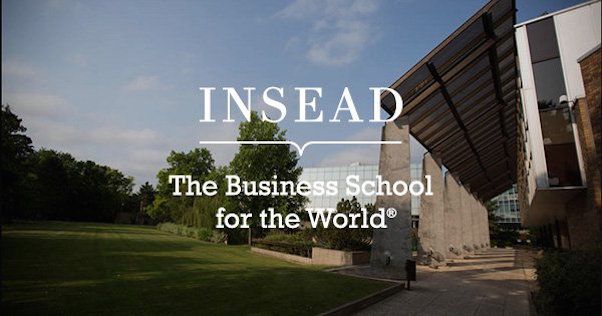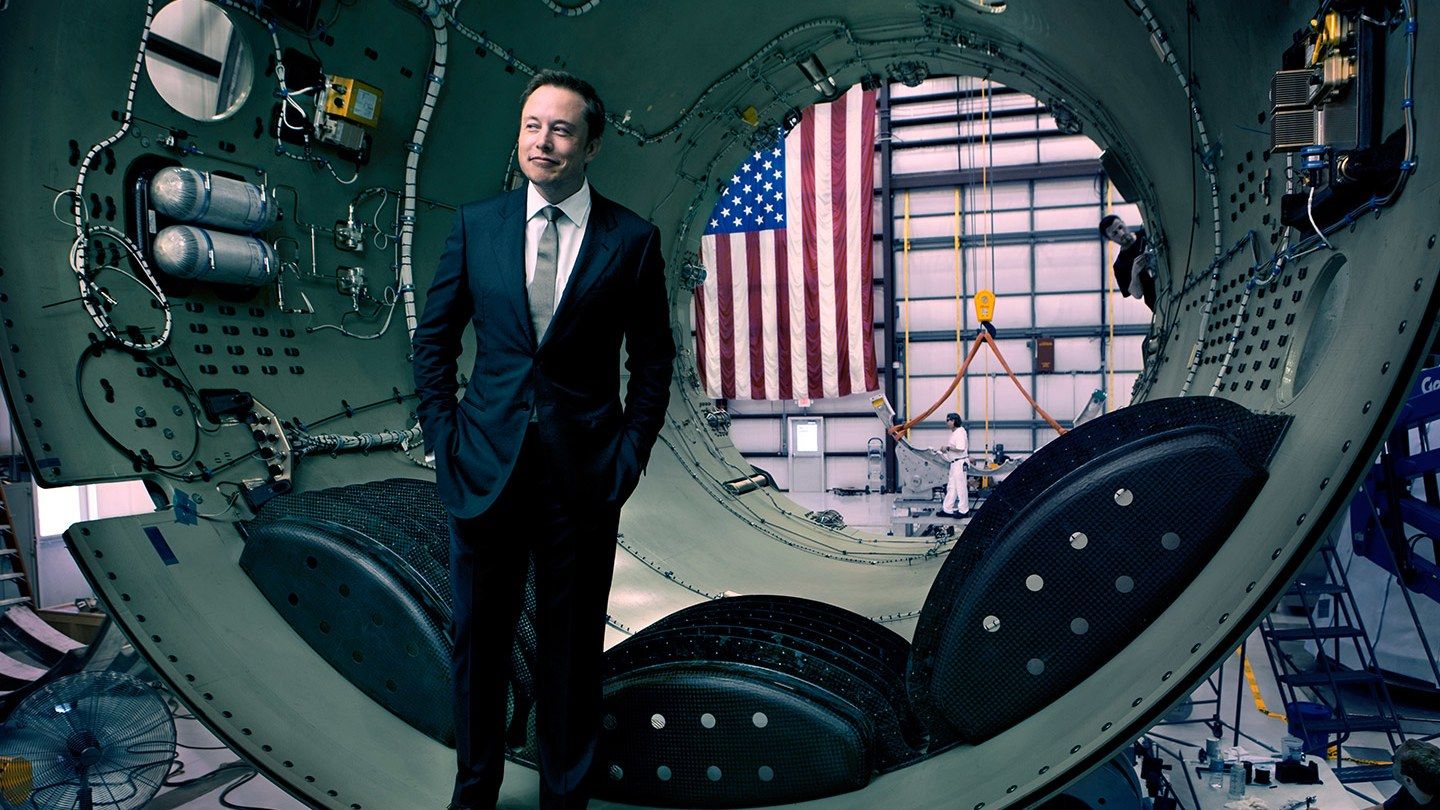Hedge funds have been trying to teach computers to think like traders for years.
Now, after many false dawns, an artificial intelligence technology called deep learning that loosely mimics the neurons in our brains is holding out promise for firms. WorldQuant is using it for small-scale trading, said a person with knowledge of the firm. Man AHL may soon begin betting with it too. Winton and Two Sigma are also getting into the brain game.








